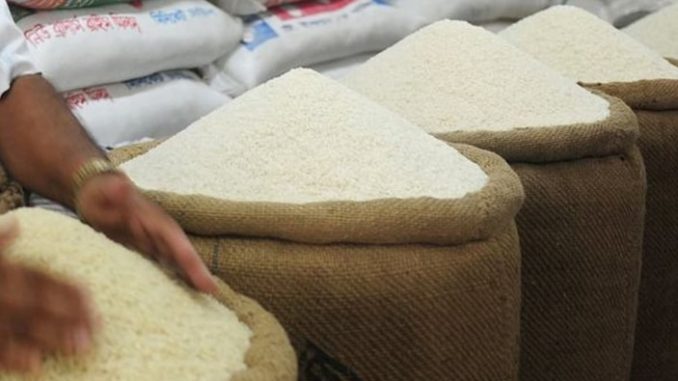
Prices of parboiled rice exported from top hub India gained, after holding steady for three straight weeks, supported by improved demand this week, while the delivery of shipments and demand from regular customers drove Thai rates to their highest in one month.
Reuters Published November 28, 2024
Top exporter India’s 5% broken parboiled variety was quoted at $445-$453 per ton this week, its highest level since Oct. 24, up from $440-$447 quoted for most of the month.
Indian 5% broken white rice was quoted at $450 to $458 per ton this week, increasing from last week’s $445 to $452.
“Demand is improving as buyers realise that prices are unlikely to fall further. They have begun placing orders,” said a Kolkata-based exporter.
Last month, India scrapped the export tax on parboiled rice and removed the floor price of $490 a metric ton for the export of non-basmati white rice to boost exports.
Meanwhile, Thailand’s 5% broken rice rose slightly to $510 per tonne, matching the level last seen in the week of Oct. 25, from $500 quoted last week after shipments were delivered and on active demand from regular customers, traders said.
Asia rice: Thai prices hit 1-month high, Indian rates steady near 15-month low
Prices could go up a bit more, but markets will become more competitive after India resumes more exports, a Bangkok based-trader said.
Vietnam’s 5% broken rice was offered at $520 per metric ton on Thursday, unchanged from a week ago, according to the Vietnam Food Association.
Traders are, however, offering lower prices, ranging from $500 to $510 per ton.
“Sales are slow as both buyers and sellers are not happy with the current prices,” a trader based in Ho Chi Minh City said. Vietnam’s National Assembly this week approved changes to the Value Added Tax law that will impose a tax rate of 5% on fertilisers from July next year, a move that traders said would make domestic rice less competitive in the international market.
